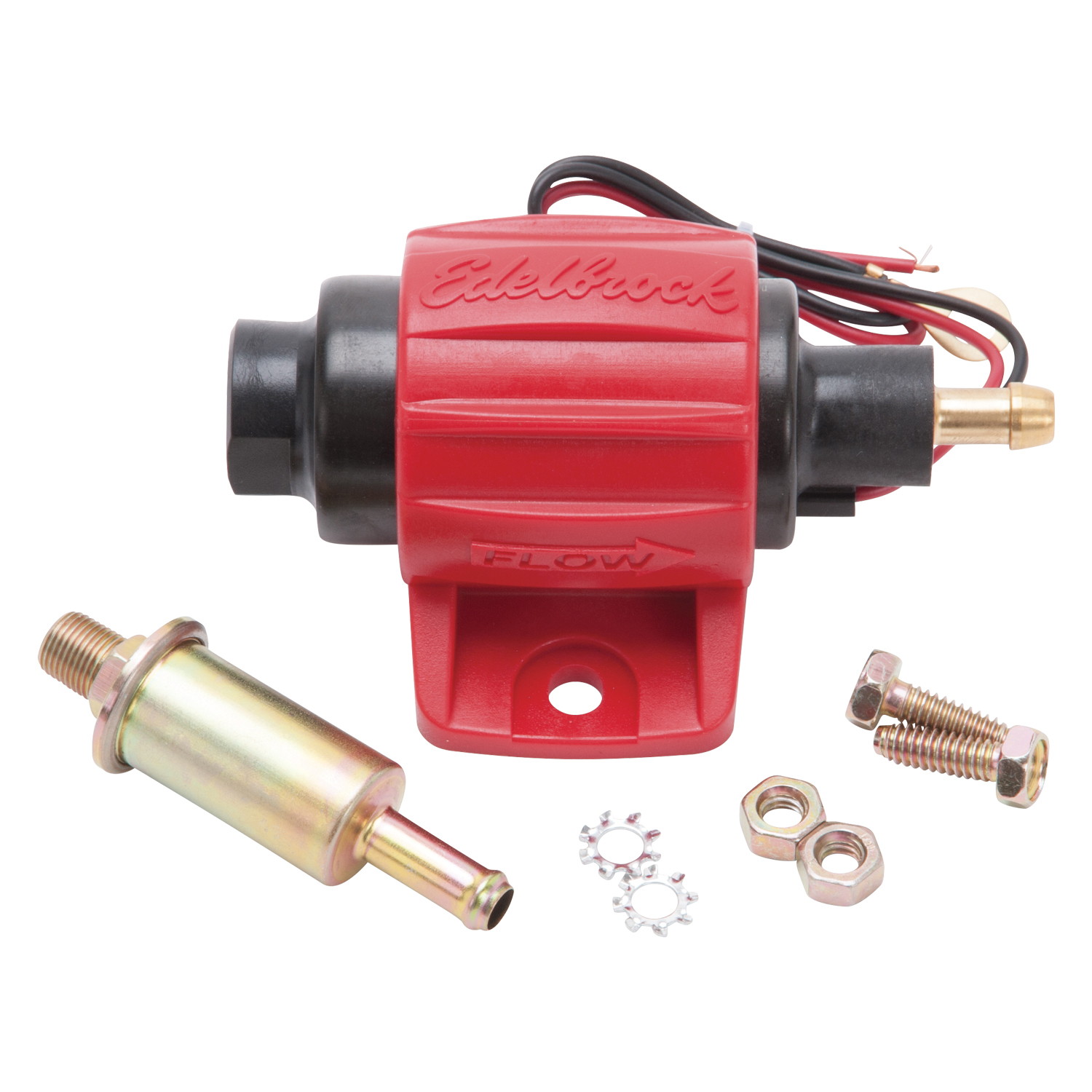In the world of automotive engineering, the fuel pump plays a crucial role in delivering fuel from the tank to the engine. Over the years, two primary types of fuel pumps have emerged as popular choices: electric fuel pumps and mechanical fuel pumps. Both options have their advantages and disadvantages, and choosing the right one can significantly impact the performance and efficiency of a vehicle. In this blog post, we will delve into the intricacies of electric and mechanical fuel pumps, comparing their features, benefits, and drawbacks to determine which one reigns supreme.
- Efficiency and Performance:
Electric Fuel Pump:
Electric fuel pumps are known for their consistent fuel delivery, ensuring a steady flow of fuel to the engine. They operate at a higher pressure, which enhances fuel atomization and combustion efficiency. This results in improved engine performance, increased power output, and better fuel economy. Additionally, electric fuel pumps are less prone to vapor lock, a common issue in high-temperature environments.
Mechanical Fuel Pump:
Mechanical fuel pumps, driven by the engine's camshaft, have been a traditional choice for many years. While they may not offer the same level of efficiency as electric fuel pumps, they provide reliable fuel delivery and are less complex in design. Mechanical fuel pumps are particularly suitable for older vehicles or those with lower fuel demands.
- Installation and Maintenance:
Electric Fuel Pump:
Installing an electric fuel pump requires some electrical knowledge and expertise. It involves wiring, relay installation, and proper grounding to ensure optimal performance. However, once installed, electric fuel pumps generally require less maintenance, with periodic checks on the wiring and connections being sufficient.
Mechanical Fuel Pump:
Compared to electric fuel pumps, mechanical fuel pumps are relatively easier to install, as they are typically bolted directly onto the engine block. However, they require regular maintenance, including periodic cleaning, diaphragm replacement, and adjustment of the fuel pressure. Failure to maintain mechanical fuel pumps can lead to fuel delivery issues and engine performance problems.
- Noise and Vibration:
Electric Fuel Pump:
One advantage of electric fuel pumps is their quieter operation. They produce minimal noise and vibration, contributing to a more comfortable driving experience. This is particularly beneficial for modern vehicles that prioritize cabin comfort and reduced noise pollution.
Mechanical Fuel Pump:
Mechanical fuel pumps, being driven by the engine's camshaft, can generate noticeable noise and vibration. While this may not be a significant concern for some drivers, it can affect the overall driving experience, especially in vehicles where noise reduction is a priority.
Conclusion:
When it comes to choosing between electric and mechanical fuel pumps, there is no one-size-fits-all answer. Each type has its strengths and weaknesses, and the decision should be based on the specific requirements of the vehicle and the preferences of the driver. Electric fuel pumps offer superior efficiency, performance, and reduced maintenance, making them an excellent choice for modern vehicles. On the other hand, mechanical fuel pumps provide reliability and simplicity, making them suitable for older vehicles or those with lower fuel demands. Ultimately, the choice between electric and mechanical fuel pumps depends on factors such as vehicle age, fuel demands, and personal preferences.


